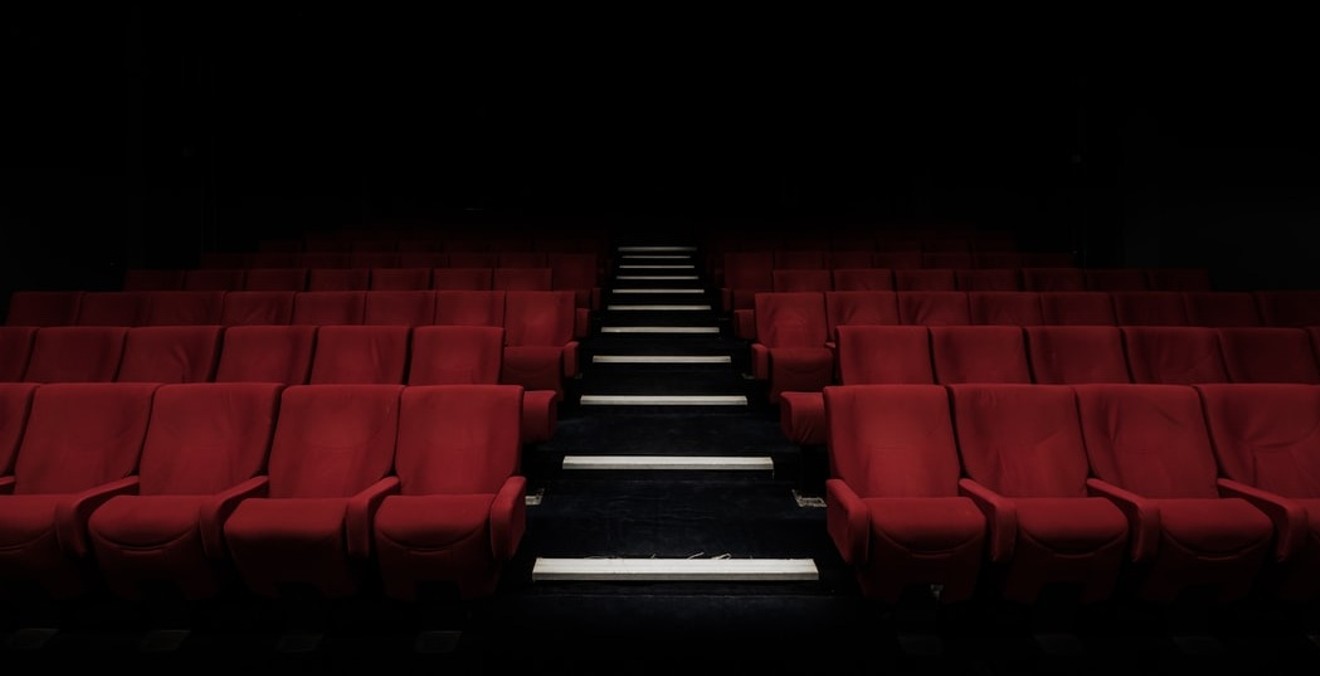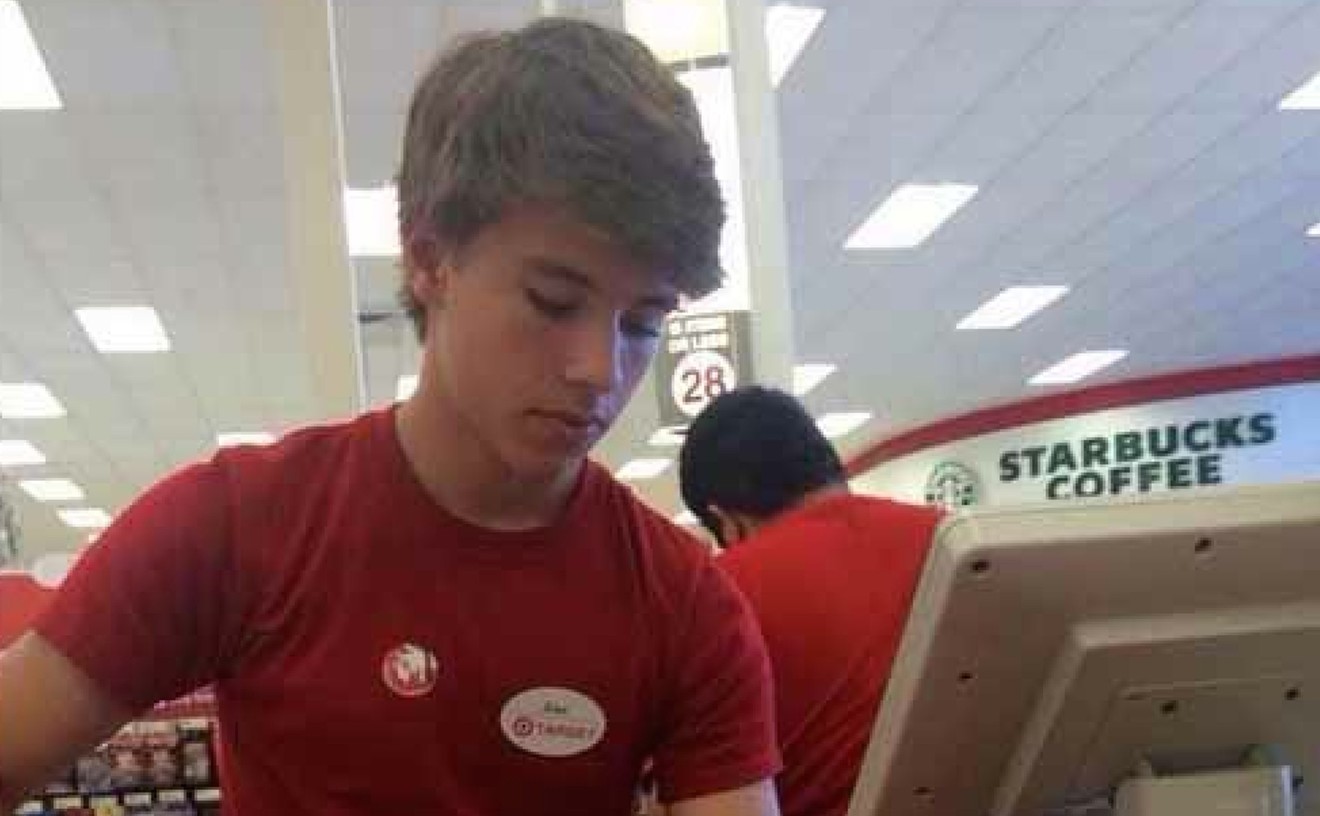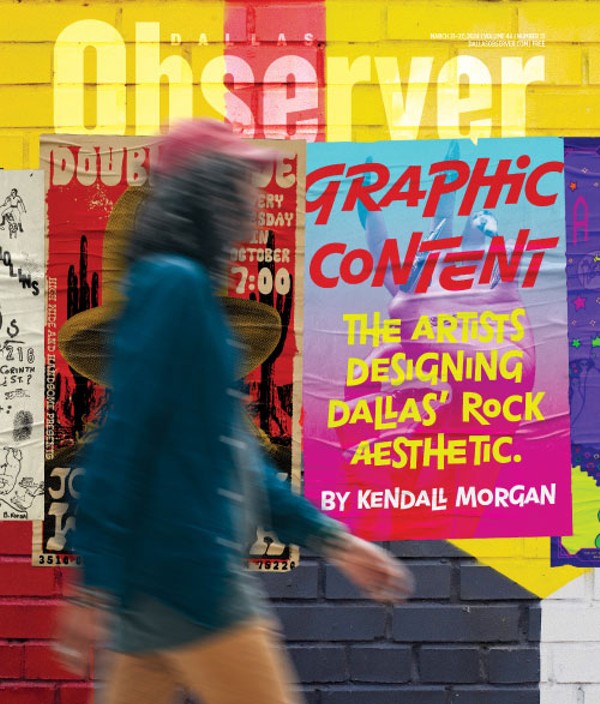The Paramount consent decrees were established by a landmark Supreme Court ruling in 1948 in U.S. v. Paramount Pictures. The decrees banned major studios of the day from owning and operating movie theaters. Last Friday, a federal judge in the Southern District of New York ended the decrees, according to court documents.
The U.S. Department of Justice first filed its case in 1938 to counter studio monopolies of both film production and exhibition in 1938. The case aimed to prevent eight major motion picture companies from gaining a stranglehold on film distribution and ticket prices. Last year, the DOJ announced it would pursue legal measures to overturn the decrees.
Assistant Attorney General Makan Delrahim said in a statement released on the DOJ's website, "The [Antitrust] Division has concluded that these decrees have served their purpose and their continued existence may actually harm American consumers by standing in the way of innovative business models for the exhibition of America's great creative films."
The growing popularity of streaming services such as Amazon and Netflix, which also produce films and television series, and other changes in how audiences see films made the decrees anachronisms.
U.S. District Judge Analisa Torres ruled in favor of the government's conclusion while allowing a "two-year sunset period" for some of the law's provisions. The sunset period extends the bans on "block booking," which prevents studios from withholding highly anticipated films from theaters that don't screen the studio's other pictures, and "circuit dealing," in which theaters strong-arm studios into releasing films only for a specific market, according to district court records.
Bill DiGaetano, the owner of the Alamo Drafthouse DFW chain of movie theaters, says he's been keeping an eye on the ruling, but he's not too concerned about the immediate impact on regional and independent film theater chains.
"I don't think there's a threat of studios right now opening their own theaters," DiGaetano says. "With the global pandemic, now is not a great time for owning theaters, but when it's over people will want to get out of the house."With the global pandemic, now is not a great time for owning theaters, but when it's over people will want to get out of the house." – Alamo Drafthouse DFW owner Bill DiGaetano
tweet this
"The 77-year-long law has allowed movie theater chains to build a wealth of screens across the country ... and if studios wanted to compete with those numbers, they have a lot of catching up to do," DiGaetano says.
"I don't think there's a lot of real estate for movie theater operations out there," he adds. "I'm not gonna say we're over-screened but there are a lot of screens out there."
DiGaetano says ownership isn't his major concern when it comes to the overturning of the Paramount decrees.
"What we want to keep our eye on is block booking," he says. "Basically, it's where studios say in order to get this tent pole movie, you have to take all these other movies as well. A lot of that goes on anyway. If Disney has a lackluster product, we take it because there's an audience for it, but you also want to get the next big movie coming down the pike."
The bigger threat to movie theaters right now is making sure audiences are safe from COVID-19. DiGaetano says he and his staff are taking measures at their theaters to encourage social distancing such as limiting and removing seats to create more distance between customers during screenings.
"All of us never thought we'd be dealing with a global pandemic," DiGaetano says. "We're just trying to show Hollywood and our audiences that we can open and can open safely."












